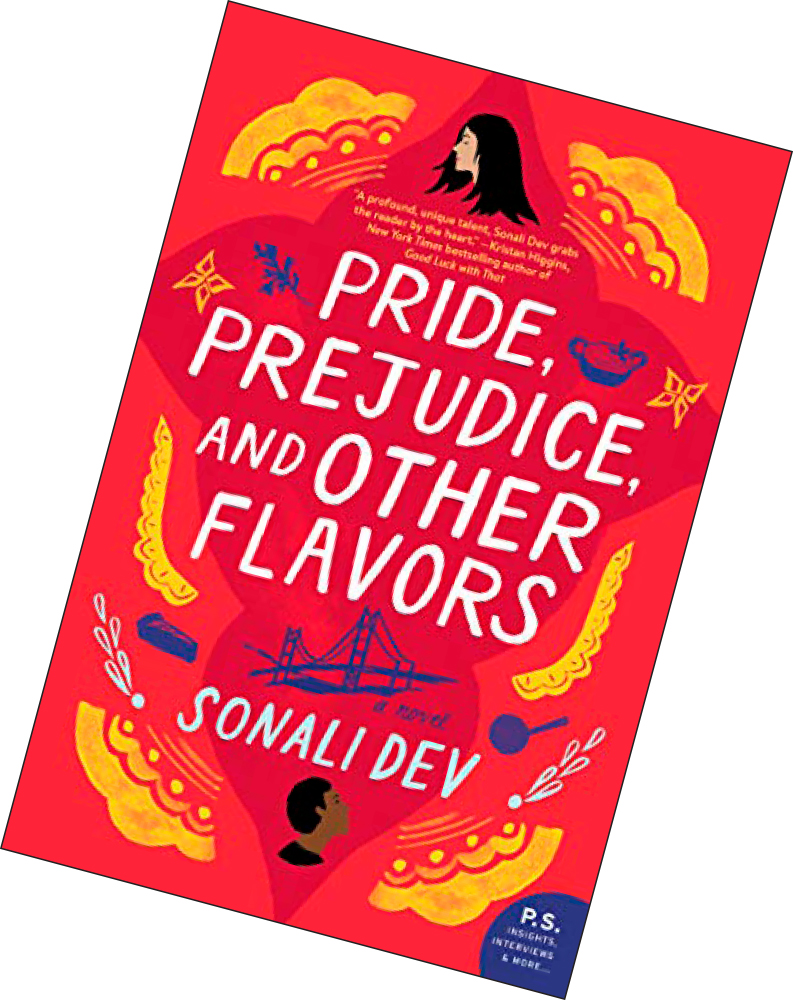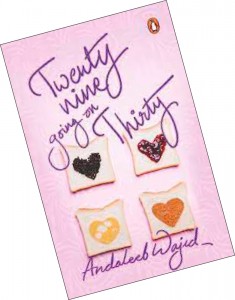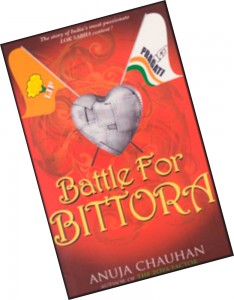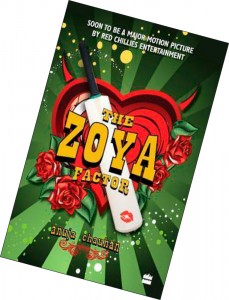

We relate to these stories, said one young man. I feel like he’s telling my story, said another. Easy read, said a third. But there are also layers, clarified a fourth, it’s not so simple. And it flows with feelings, said a young woman. Listen, I love romance, said my friend, my age. Unabashedly. And another friend, my age, a feminist and women’s studies professor who has written several academic books that escape my comprehension entirely, has read practically every single Mills&Boon in Raviraj Lending Library, T Nagar, when we were in college. And recently, a highly erudite fellow book clubber confessed to having a soft-soft spot for romantic novels. In her words: ‘Not many people can reconcile to the fact that people can read serious creative stuff along with historical romance brain candy.’
At my students’ age I was more of an Edgar Wallace, Agatha Christie, Georgette Heyer, Zane Grey, Lobsang Rampa fan. Chicklit has never been my thing and I only read one Chetan Bhagat out of curiosity (although he’s justifiably popular and has expanded his repertoire considerably). I find it hard to plough through lovey-dovey yarns despite poring over my mother’s copies of Women’s Weekly’s short stories at age 11–12. I have not felt the urge to dip into Fifty Shades of Grey by E L James, but in my defence, I have read, with interest in college, Lolita by Vladimir Nabokov as also Lady Chatterley’s Lover by D H Lawrence.
Given all this, you will understand my surprise at my students’ choices. However, what this communicated was that young people today feel a great need to be loved and to love, to feel wanted and needed and valued. It’s another matter that for many, this was the first book in any language they were reading — and that, for a bookaholic like myself, is puzzling in itself. This month’s booklist, then, is a tribute to my students, especially to those who may — hopefully just may — have come down with a case of readingitis, however mild.

Andaleeb Wajid was my first choice. I had been fascinated by the name, Andaleeb, when I first saw her short stories in the Deccan Herald many years ago. (The name means nightingale, apparently.) Then, a few years ago, I chanced upon More Than Just Biryani, and enjoyed it. This Bangalore-based writer has more than 25 books to her credit, covering many genres. Her favourite, she’s said in an interview, is romance.
The two I picked were Twenty-nine Going on Thirty and All Drama No Queen, because they are connected — except that I read them in the wrong order because they were delivered that way! Priya stars in the first one, Fatima in the second. While they are primarily romances, there’s some intrigue going on as well, apart from a weaving in of other complicated relationships, not all to do with love-shove. Andaleeb Wajid writes lucidly and is clearly in touch with the world as we know it today. Tragically, she lost her husband and mother-in-law to the corona virus last year. Writing for Scroll.in about how writing is helping her through these dark times, she concludes: ‘As I scribble away in my notebook to plan the next book, I often look at my phone. The lock screen has a photo of my husband: a screenshot I took from a video of him driving, where he kept looking at me and making funny faces. I look at the photo a hundred times a day. Sometimes, I cry. Sometimes, I wonder why this happened. I rail at the unfairness of it all. And then, I get back to work.’

Readers may have seen the film, The Zoya Factor, featuring the delectable Dulquer Salman. Well, it’s based on a book by Anuja Chauhan, widely regarded as being among the best writers of popular fiction in India today (move over, whoever!). Her books are well researched, racy, pacy, and her characters are, well, characters alright! In fact, it would seem that all her novels are movie material. She is often described as one of the best writers of chicklit, to which an entry in Wikipedia claims she responds with: ‘Chicks are small, brainless, powerless creatures, bred to be eaten. I’m not a chick and I don’t write for chicks.’
Young people today feel a great need to be loved and to love, to feel wanted and needed and valued.
Among my favourite books is her Battle for Bittora, a novel that authentically explores the dynamics of elections. Not surprising, considering that the Congress leader of long standing, Margaret Alva, is her mother-in-law. Anuja Chauhan writes fearlessly and vigorously, all the drama, even melodrama, in her writing never pushing the romance into the shadows. For this month’s column, I read The Zoya Factor (far more intriguing than the film) and Baaz (totally gripping). What made Baaz even more fascinating was that the main action is set against the backdrop of the creation of Bangladesh in 1971. Coincidentally, I’ve been watching Jo Bicchar Gaye, a Pakistani serial about what they refer to as ‘the fall of Dhaka’, told from the (West) Pakistani perspective. Seeing something from different points of view is an education, always interesting, always insightful.
My friend who loves romance unabashedly pushed me to read Sonali Dev. This writer is a Jane Austen fan, so her books kind of pay homage to that writer. Some time ago, there was something called the Austen Project in which some of Jane Austen’s most famous novels were re-imagined by modern writers. These included Sense and Sensibility by Joanna Trollope, Northanger Abbey by Val McDermid and Emma by Alexander McCall Smith. I must admit I was not a fan of this project, and took my friend’s recco with some reservation. Sonali Dev’s list of published books is long, so I went with the first of a series about the Rajes, an immigrant family living in San Francisco: Pride, Prejudice and Other Flavours.

Once I started, I couldn’t put it down! I loved it and can’t wait to read the next books in the series, as well as some of her other books. The plot is engaging, the style is riveting, the characters are well put together, and best of all, the mileu is multicultural. The description on the back of the book says Sonali Dev ‘writes Bollywood-style love stories that let her explore issues faced by women around the world while still indulging her faith in happily-ever-afters’. In PPOF, the mom character is a former Bollywood actor. For Austen fans, here are the names of the books in this series that follow: Recipe for Persuasion, Incense and Sensibility, The Emma Project… !
Of course, these are just three names in a long and growing list of serious writers of romance. Which only goes to prove that in the final analysis, it doesn’t matter in whom we trust, or whether we cover our heads or not. We all want love. Romance, yes, but also the warm feeling that comes from feeling safe and secure and wanted. It comes from our world of family, friends and other animals, and all that we experience with them in all the things we do.
The columnist is a children’s writer and senior journalist





